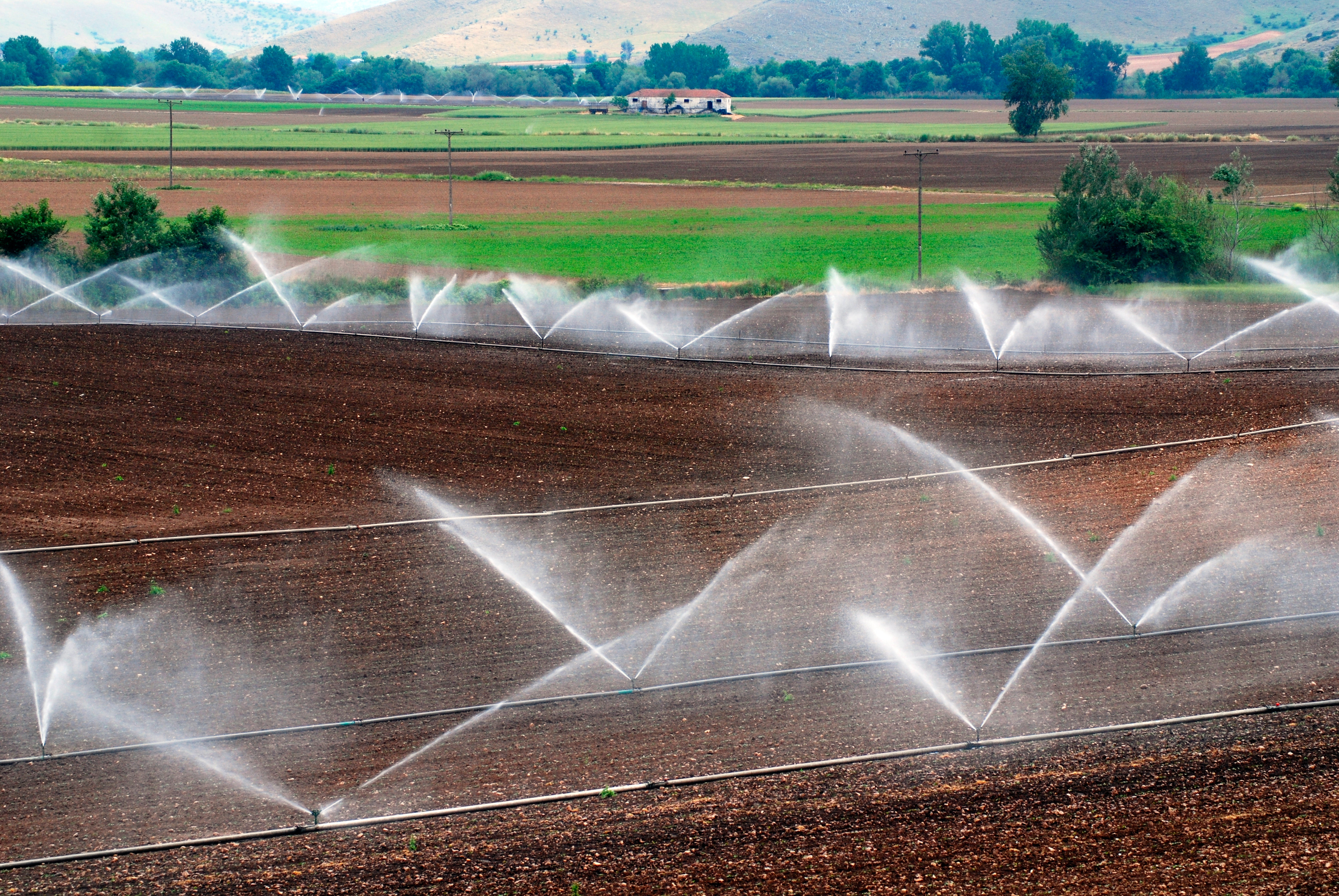Corporate social responsibility and the environment
Agrosol environmental support
For us, respecting the environment is not an abstract issue. We live off and for the countryside, and so caring for the environment is at the forefront of our minds. Our families have been living off the land for more than 60 years and we love what we do: combining intensive greenhouse production with environmental care is a must.
Corporate social responsibility and the environment
Taking care of our surroundings starts with pollination. At Agrosol Export, we use natural pollination in our greenhouses. Production is sustainable and respects waste management, where we follow the 3 R’s rule:
- Reduce the amount of waste produced, through efficient production, harvesting and distribution systems. Our integrated pest control systems reduce the use of pesticides and our production system reduces the use of water.
- Reuse, both in the greenhouses where possible as well as in our facilities. Water is saved and reused using modern disinfection systems and waste is also reused through our trigeneration project.
- Recycle, with our ambitious project in operation to recycle the plastics from greenhouses that have been corroded by ultraviolet radiation.
Our objective is to be able to apply “Zero Waste” to all of our processes.
Guaranteeing the efficient use of resources
For those who live in developed countries, it’s easy to forget that thousands of millions of people on our planet live without access to clean water or electricity. It’s a moral obligation to use resources efficiently. When our customers eat the fresh fruit or vegetables from our greenhouses, they can rest assured that they’ve been produced efficiently.

Water is the greatest symbol of life and a basic need for those working with the countryside. Knowing the exact quantity of water that our crops need is not enough; to really be efficient, you also need to know when the irrigation systems should be used throughout the day.
Water requirements vary according to the season, type of crop and time of day. During the sunniest hours of the day, evapotranspiration from crops can increase significantly, meaning that poor irrigation planning can affect the productivity of the crop if the plants start to show symptoms of water stress.
Water is vital for all physiological processes in plants, and planning the quantity and frequency of irrigation is crucial for optimising crop productivity and the growth of the fruits. Correct planning gives the colour, fragrance and flavour to our fresh fruit and vegetables whilst using water resources efficiently, therefore optimising the productivity of the water.
Recycling waste and energy optimisation
Together with water, energy is the other key element of this industry given that it allows us to ensure optimum temperature conditions for the crops.
Using an innovative and unique method, Agrosol Export has designed and built two thermal energy and CO2 supply plants for our greenhouses. Across more than 30 hectares and using “natural gas” fuel, these plants increase energy saving extremely efficiently through the process of trigeneration (the production of hydrocarbons, thermal energy and CO2), using waste plastics from our greenhouses. These by-products are destined for self-consumption across an area of 31.5 hectares. The projected savings in operating costs are approximately €300,000 per season. These facilities help to recycle tonnes of waste plastics, or low quality polymers.
These waste plastics come from the breakdown of agricultural film, which is exposed to the intense effects of ultraviolet (UV) radiation for long periods of time. The end result is a state of crystallization and loss of the film’s original properties. Thanks to the installation of this plant, the treated plastics generate the following by-products:
1. Solvents, industrial oils, paraffin.2. Thermal and mechanical energy (fuels)Currently, Agrosol is investing in innovative technological processes to treat other waste materials coming from the greenhouses, such as organic ones, where the aim is to separate the plant support rings and raffia (both plastics) from the plants themselves and create a top quality compost.
We have now invested 4.5 million euros in both plants.
Organic agriculture
La polinización natural o la lucha biológica integrada son comunes a todos nuestros cultivos, pero también contamos con producción ecológica donde nuestras frutas, verduras y hortalizas se cultivan en tierras certificadas para la producción ecológica siguiendo los principios de Salud, Ecología, Equidad y Precaución.

Natural pollination and integrated pest control are used on all our crops, but we also grow fruit and vegetables organically, where the land is certified for organic production and follows the principles of Health, Ecology, Fairness and Care. We currently have 6 hectares of crops, and another 7 on the way, that are guaranteed by the CAAE certification1. We are conscious of our customers’ concern for health and wellbeing, and this is why our fresh produce is the perfect choice for leading a healthy lifestyle in the most natural and sustainable way.
Ecological, biological and organic agriculture is a way of producing food that maintains and improves the health and natural fertility of the land, ecosystems and people. This is why we use ecological processes, biodiversity and cycles that are adapted to local conditions without the use of any external means such as pollutants. Organic production foregoes the use of chemical fertilisers, pesticides, genetically modified or transgenic organisms and generally any kind of unnatural product.
Organic production shows a high level of commitment to the consumer that guarantees the trustworthiness and transparency of the sector, as well as being a system that improves the health of the land, water, air, plants and animals. Only agricultural products that are produced from organic agriculture can be marketed as Ecological, Eco, Biological, Bio, or Organic foods. Organic agriculture is regulated in Europe by Regulation (EC) No. 834/2007, which covers the production and labelling of organic products.

